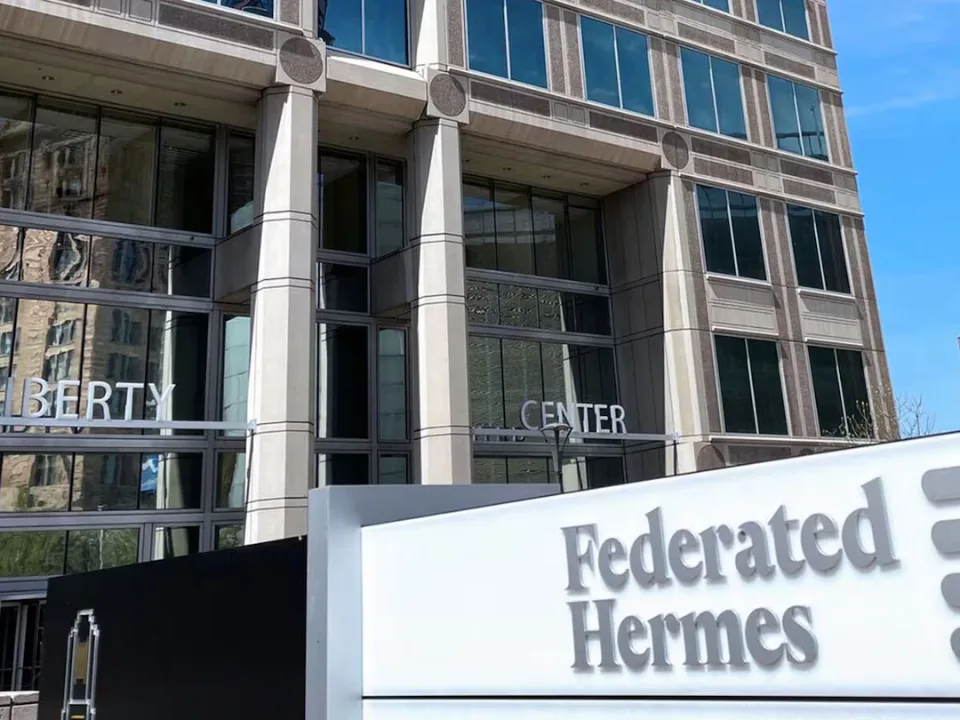- Several REITs, including Paramount Group and Franklin Street Properties, are exploring strategic alternatives as part of a broader push to close the disconnect between public valuations and private market asset values.
- Public REIT valuations have lagged despite stable fundamentals in sectors like retail and data centers, prompting buybacks and executive shakeups to regain investor interest.
- Private equity sees an opportunity for arbitrage, though questions remain about whether distressed public REITs are attractive enough to trigger significant M&A activity.
As economic turbulence lingers and public valuations fail to reflect asset-level fundamentals, multiple real estate investment trusts (REITs) are seeking lifelines in the private sector, reports Bisnow. A handful of REITs this month announced plans to explore “strategic alternatives”—a move typically signaling potential mergers, asset sales, or even going private—as they work to close the widening valuation gap between public market pricing and private asset values.
Valuation Versus Reality
Paramount Group, which owns office assets in New York and San Francisco, disclosed its intent to pursue strategic options earlier this month after reporting a $10M Q1 loss. The announcement came with a leadership shakeup and followed scrutiny over payments to entities connected to CEO Albert Behler. Since the announcement, Paramount’s stock has surged more than 40% to $6.25, reflecting renewed investor interest and a reassessment of the REIT’s underlying asset value.
Analysts say this uptick is more about the market catching up to private valuations than a change in fundamentals. “The underlying value of assets in the private market is certainly richer than what was implied,” said Mizuho’s Vikram Malhotra.
Office Struggles Continue
Franklin Street Properties and Generation Income Properties followed suit with their own reviews of strategic options. Franklin Street’s announcement led to a 25% stock bump, though analysts remain skeptical about potential buyout premiums given weakness in the office sector. Generation Income’s stock, by contrast, barely moved despite a reported Q1 net loss of $2.7M.
Get Smarter about what matters in CRE
Stay ahead of trends in commercial real estate with CRE Daily – the free newsletter delivering everything you need to start your day in just 5-minutes
The Broader Context
REITs have underperformed in 2025, with the FTSE Nareit All Equity REITs Index barely positive year-to-date, trailing the broader S&P 500. This is despite signs of sector resilience: apartment REITs are managing new supply, retail REITs are posting high occupancy, and data center demand is accelerating thanks to AI investment.
In response, REITs like Alexandria Real Estate Equities have turned to share repurchases, signaling management confidence in intrinsic value amid weak investor appetite.
Private Capital’s Moment?
The valuation gap between public REIT stocks and private market asset prices is drawing attention from private equity firms. With construction starts down and capital still on the sidelines, some see this as a rare arbitrage opportunity. But as Goldfarb of Piper Sandler warns, enthusiasm doesn’t always match execution: “The hard part is when you come back and realize that you called everyone around for a date to the prom, and no one returned your call.”
What’s Next
Expect more public REITs to float strategic alternatives through 2025, especially as long-standing valuation gaps persist. Whether these efforts result in meaningful M&A activity will depend on how much private capital is willing to engage with struggling public players—and whether the market sees opportunity or just distress.


















